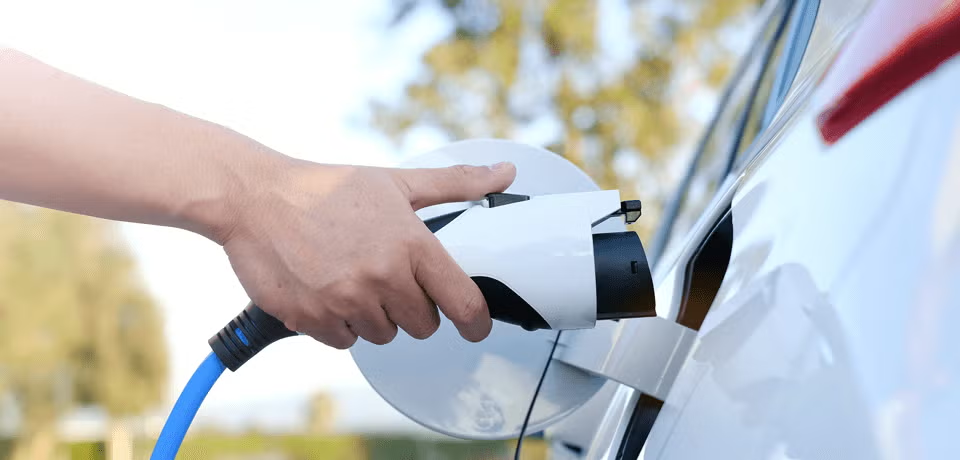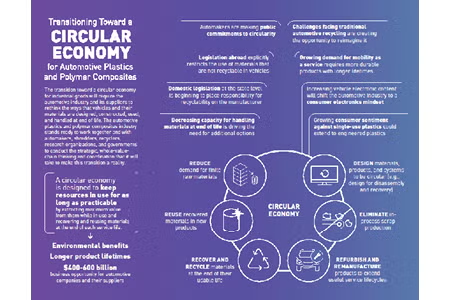For decades, Congress has mandated increasingly stringent automobile fuel efficiency and tailpipe emissions standards. As a result, our nation’s carmakers have turned to more sustainable, durable, and lightweight plastics to decrease the weight of car parts, which means less money spent at the pump and less greenhouse gas emissions. Today’s cars on average are made of about 50% plastic by volume but only 10% by weight. Studies demonstrate that lightweight plastic components help cut greenhouse gas emissions from our vehicles and the use of heavier alternative materials would lead to significantly increased greenhouse gas emissions. and the use of heavier alternative materials would lead to significantly increased greenhouse gas emissions.
In fact, the results of one study show lightweight plastic outperforms metal products for reduced global warming potential and primary energy demand. And, that if plastic components in passenger vehicles produced in North America were replaced with alternative materials, the vehicles would require an additional estimated 89 million gallons of gasoline and diesel to operate over their lifetimes.

